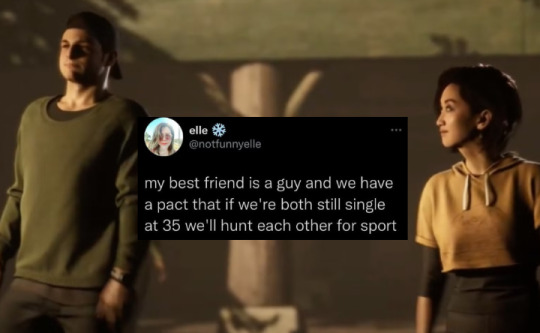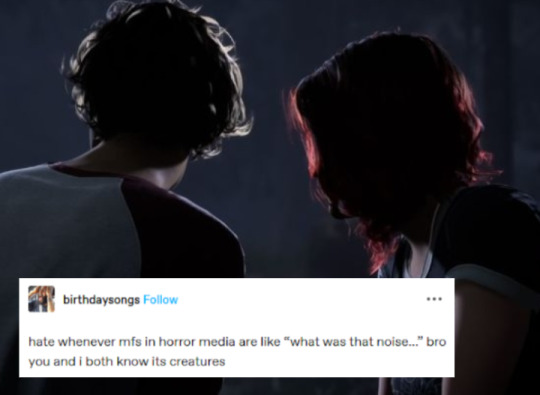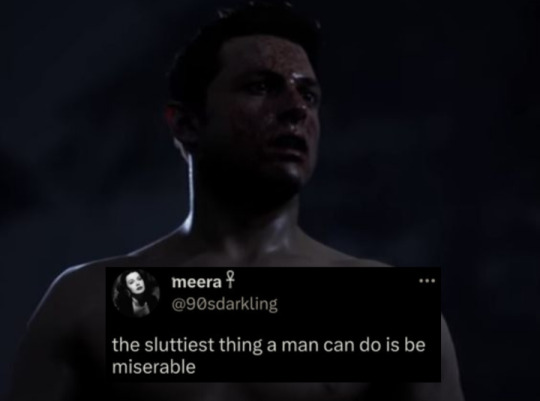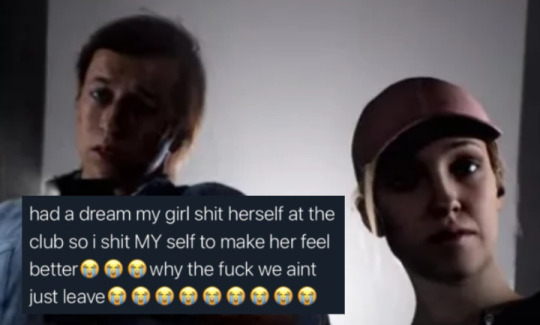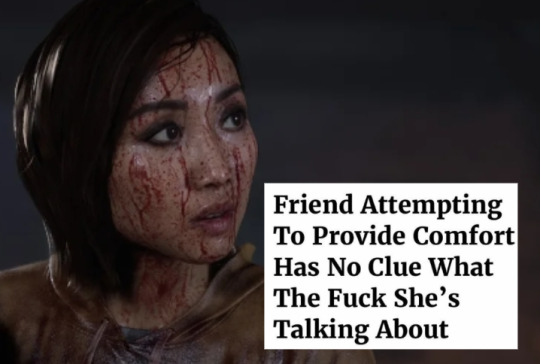Text

7 days left
164 notes
·
View notes
Text

My work for this year's zine 🥰 it was so great getting the chance to participate!!
Full zine available here

85 notes
·
View notes
Text

My card for the Quarry Tarot Card Zine! Emma as The Star 🌟
194 notes
·
View notes
Text
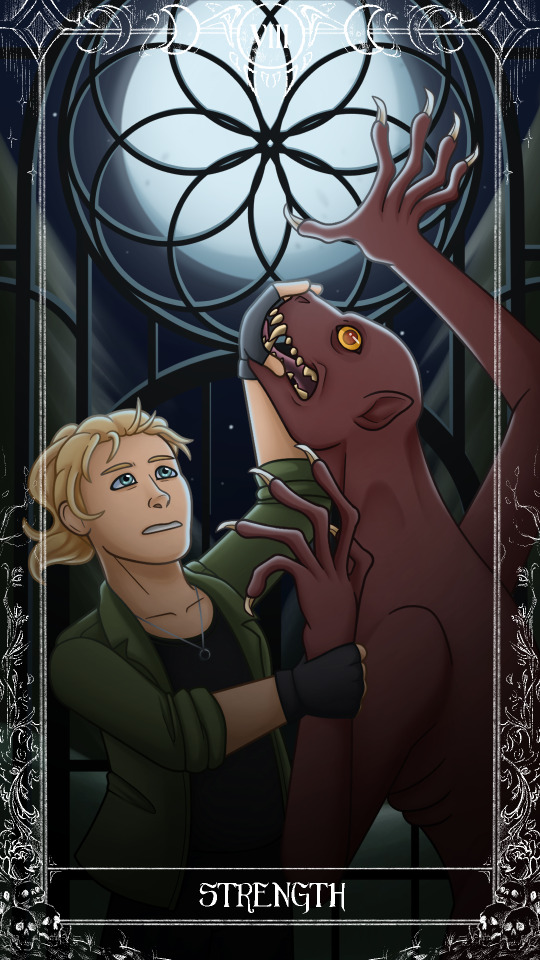

Inner power, courage, compassion, control
HAPPY 3RD BIRTHDAY, THE QUARRY!!! I was SO ecstatic to find that there's an annual zine, and even more so to participate!!
Everybody who worked on This Year's Zine is SO wonderful and incredibly talented!! Can't wait until next year's!
Timelapse under the cut :D
52 notes
·
View notes
Text






mmmm...
4K notes
·
View notes
Text
i think we as a society forget about laura kearney and how valiantly she stood on business. that girl would’ve burned the whole camp down about max and i love that for her. that’s why it confuses me when i hear people talking about laura and ryan like baby no!! she was infected, she would have never left max i fear. that is all.
100 notes
·
View notes
Text

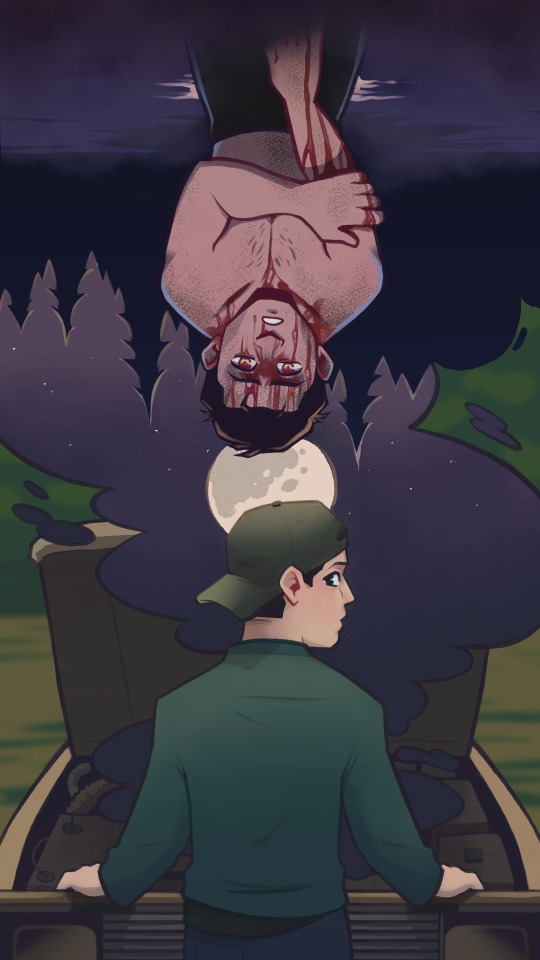
Happy 3rd birthday The Quarry! I can't believe it's been three years already, the game means so much to me and it's always so fun celebrating with the wonderful artists who've worked on The Quarry Tarot Card Zine !! Everyone's pieces came out so beautifully, I hope you check them out!
136 notes
·
View notes
Text


My work for the zine this year !!
80 notes
·
View notes
Text
Happy 3 year anniversary to The Quarry! This year over 20 artist's worked off the theme of tarot cards. Check out the tag #TheQuarryTarotCardZine to see everyone's works!!
Thank you everyone for participating and see you next year!
33 notes
·
View notes
Text
Cutie VS Freaktron
19 notes
·
View notes
Text
currently thinking about squid game and its symbolism whether it's intentional or not
i was rewatching and i wanted to know what jungbae's bar was called
this is what google translate told me

and was thinking (and i told @blissfulbluee this, told me i should post lmao) but jungbae literally is gihun's "healing hope"
then furthermore thinking about how jungbae lost that bar, lost his wife, (losing his healing hope) and inho killed jungbae (gihun's healing hope [ @blissfulbluee brought up the fact that that's why inho killed jungbae and why he was there narratively])
56 notes
·
View notes
Text
Even he was weirded tf out

98 notes
·
View notes
Text

anyone else wanna talk about this? no? cool cool...
157 notes
·
View notes
Text

i need to sleep but. in-ho doodle :-)
31 notes
·
View notes
Text
korean media makes incredible criticisms of capitalism

this reminds me a lot about the "if i had a nickel every time... i'd have two nickels" because not only does k-media have multiple occasions of this happening but it goes insanely mainstream.
some people prefer to gatekeep, but personally, i think that this mainstream situation is actually an advantage, for 2 reasons. the obvious one being that it pushes non-western media forward, and often opens doors not just to lessen racism but to foster a feeling of cross-cultural connection. the other is the irony, and for that squid game makes a great example. (more on that later)

chapter 1: squid game
this miniseries launched korea into the spotlight in late 2021. i found it a bit gory then, but after revisiting it later i really appreciate it. not just for its meaning, but because even the use of gore is intentional: extreme poverty and having to fight for your life when you're in this kind of economic position is violent, and as we sit in the comfort of our homes watching netflix, that needs to be transmitted powerfully. still, i cannot summarise the miniseries and do it justice simultaneously.
the children's games and bright colors fool the players at first into thinking it's easy to win, and the aesthetic also tricked viewers! i'm sure many people understood the deeper meaning pretty easily, but on the internet you see children's games based on squid game or toys and kid's halloween costumes.
this is what i mean when i referenced irony in the intro. not only is squid game a metaphor within the series, but the reaction the world had towards it is metaphor on its own. turning it into something sellable, a toy, a game, a costume, is exactly the consumeristic capitalist direction that the series warns us about; the dystopian thriller mirrors our reactions towards the media.
delving deeper into sociology, this is literally althusser's theory of ideological state apparatus. we get fooled into thinking this is super memeable and capitalism becomes normalised. when children become consumers (robertson, 2001) and toys like these come into the home, they are socialised into class ideology (zaretsky, 1976). this makes it seem a lot more dystopian so if this is stressing you out go touch grass before reading the second chapter (lovingly)
p.s: the second season was amazing, but seemed to expand on more topics outisde of just class struggles, hence why it has no mention in this section (still worth watching tho)

chapter 2: parasite
if there's one thing i would recommend you watch after reading this article, it is 100% this movie. it is a very enjoyable watch and has less gore than squid game. it sits at 2 hours and 12 minutes (though you will spend an extra 30 minutes processing and researching because of how amazing it is). thank you to my boyfriend for forever changing my life by enlightening me with the knowledge of the existence of this work of art.
i love bong joon ho. his artistry in this film, particularly with the neverending symbolism is spectacular. especially the altitudes, lines and the rock (watch it, seriously).
in 2020, this beautiful motion picture made history by being the first foreign film to win best picture at the oscars. it's amazing due to its strength in delivering a powerful message about the "myth of social movement" (for sociology nerds it's vertical social movement, between economy classes). it is also a nice snapshot of korean culture. between collectivism which increases as you go down the social ladder and the importance of academic achievement which increases as you go up, this film shows not only korean culture but class culture (once again, sociology at its finest)
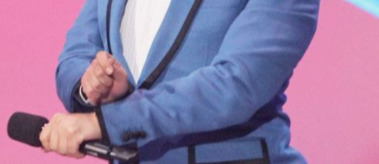
chapter 3: gangnam style
maybe i'm a little young for this, but gangnam style was a global sensation when i was at my prime (5 years old). i still listen to it nostalgically, but a few months ago i decided to translate the lyrics out of curiosity and found it is incredible.
i won't be surprised if you doubt me, it does seem like a meme song at its finest, but it this occasion, that is very intentional.
for non-korean speakers, i'll summarise my takeaway: the song is parodying the rich.
breaking it down, the main line "오빠는 강감 스타일" (romanised: oppaneun gangnam seuta-il) uses the third person. "oppa" meaning older brother (from a woman's perspective). this is a term for older men/boys often used playfully or flirtatiously. "gangnam" is a seoul district, the "beverly hills of korea", according to rotten mango. "seuta-il" is simply the hangeul for "style". so psy is says, directly, "older brother is gangnam style" or indirectly, "girls say i look hip/rich"
the rest of the song continues painting the picture of a man who is full of himself and wants to be seen for his high status, particularly among women.
personally, i believe this parodies the "new rich" and the expectation for popstars to have high class status and be draped in women, which leads me to add this to my list of critiques of capitalism.
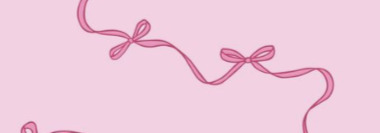
closing thoughts
this post meant to primarily highlight these awesome pieces of media, so i don't know if there is a legitimate link/explanation between korea and anti-capitalism. my main guesses would be the work environment (which is irrelevant in this case since none of these pieces focus on the middle class) or perhaps a better assumption, it's in late-stage capitalism and the dependency index/situation for those in the sandwich generation is horrendous (in simple terms: there are very few workers, too many pensioners and not enough babies.)
i hope you enjoyed my first passion project!
11 notes
·
View notes
